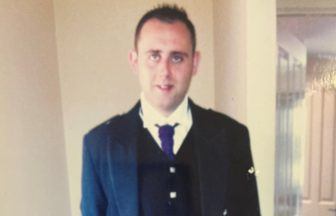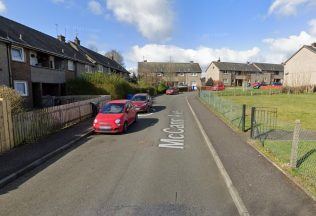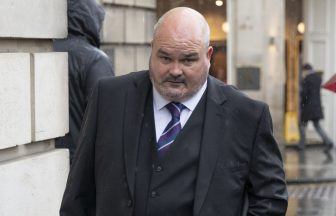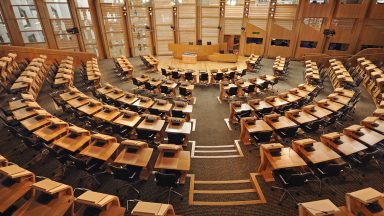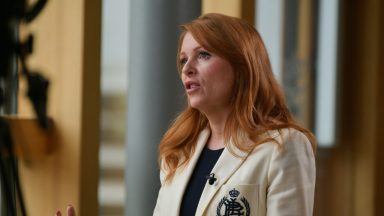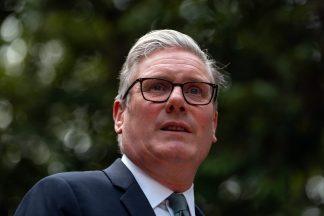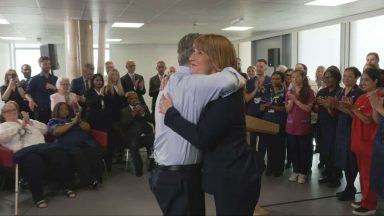Reducing the voting age to under 16 would be good for children’s mental health, a former party leader had told Parliament.
Baroness Bennett of Manor Castle, who previously led the Greens, argued the move would give youngsters “agency and control” over their present and future.
Labour had pledged in its election manifesto to lower the voting age from 18 to 16 in UK general elections, but it was not included in the party’s legislative plans after taking office.
However, Lady Bennett indicated her support for reducing it even further during a question on citizenship education in schools.
She told the upper chamber: “Debate in the House in recent weeks has often focused on the issue of poor mental health, particularly among young people.
“In general, we know that it is good for your mental health to have agency and control over your own present and future.
“Would the minister agree that bringing in votes at 16 or younger would be good for mental health, and that education to accompany that would be excellent as well?”
Responding, education minister Baroness Smith of Malvern said: “She is not going to tempt me to suggest that we should have votes below the age of 16, but I agree that agency and being engaged broadly in social action as well as being able to benefit from active citizenship, which is often part of citizenship education in schools, is good for young people in a whole range of ways.”
Liberal Democrat Lord Wallace of Saltaire said: “The minister will be well aware of recent polls showing the levels of disillusion young people have about our current political institutions.
“Part of the argument for lowering the voting age to 16 is to get young people engaged in our institutions and voting before they leave school.”
But he stressed the need for improved citizenship education in state schools, which he argued was currently “pretty awful”.
Lady Smith said: “He is right about the challenge of engaging young people in politics – a challenge that rests with the political parties represented around this chamber, as well as with our schools and broader civic society.”
Pointing out citizenship had been introduced into the curriculum by David Blunkett, now Lord Blunkett, under the last Labour government, she added: “Lord Wallace makes a fair point about the need to ensure that there is sufficient quality of resource and teachers to make sure that it is effective in our schools. I and my colleagues in the department will certainly bear that in mind.”
Labour peer Lord Harris of Haringey said: “The minister is answering on citizenship, but does she accept that, in this day and age, citizenship requires young people – indeed, all people – to have a much better understanding of and a greater ability in critical thinking to address and respond to the misinformation and disinformation with which they are peddled all the time?
“Will critical thinking be seen as a fundamental part of the curriculum?”
Lady Smith said: “He makes a good point. That is part of what we have asked the curriculum and assessment review, which is currently in place, to consider.
“Critical thinking and the ability to identify the use of misinformation in media, and to distinguish it from proper sources of information, are critical elements of what young people deserve as part of their education.”
Follow STV News on WhatsApp
Scan the QR code on your mobile device for all the latest news from around the country


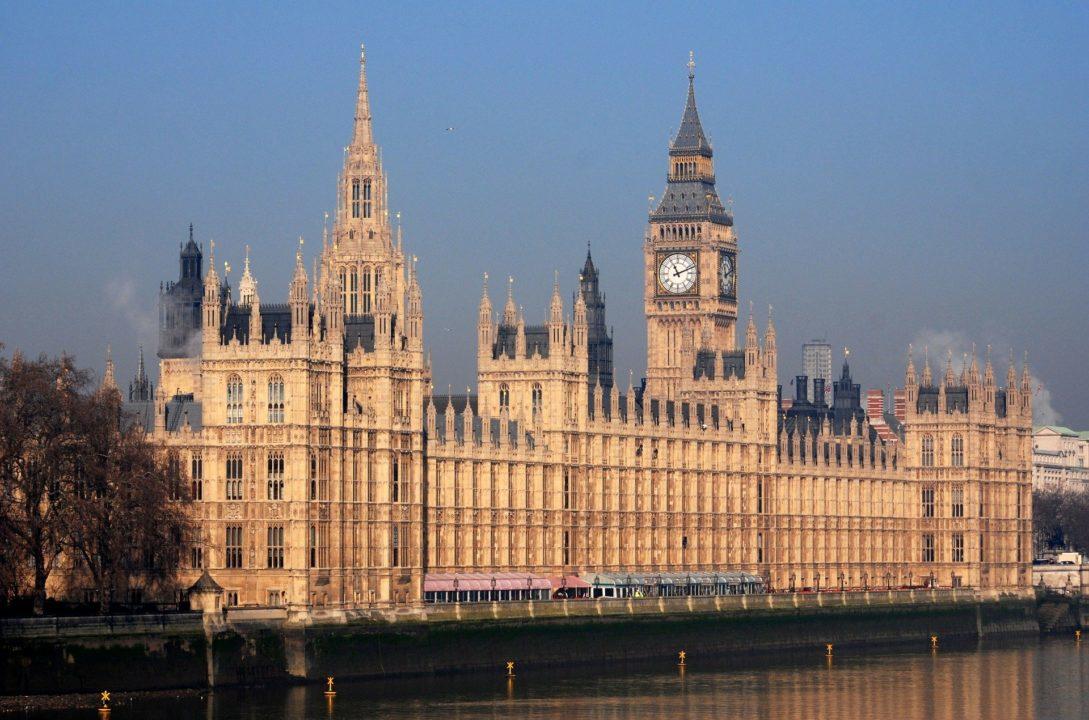 iStock
iStock
